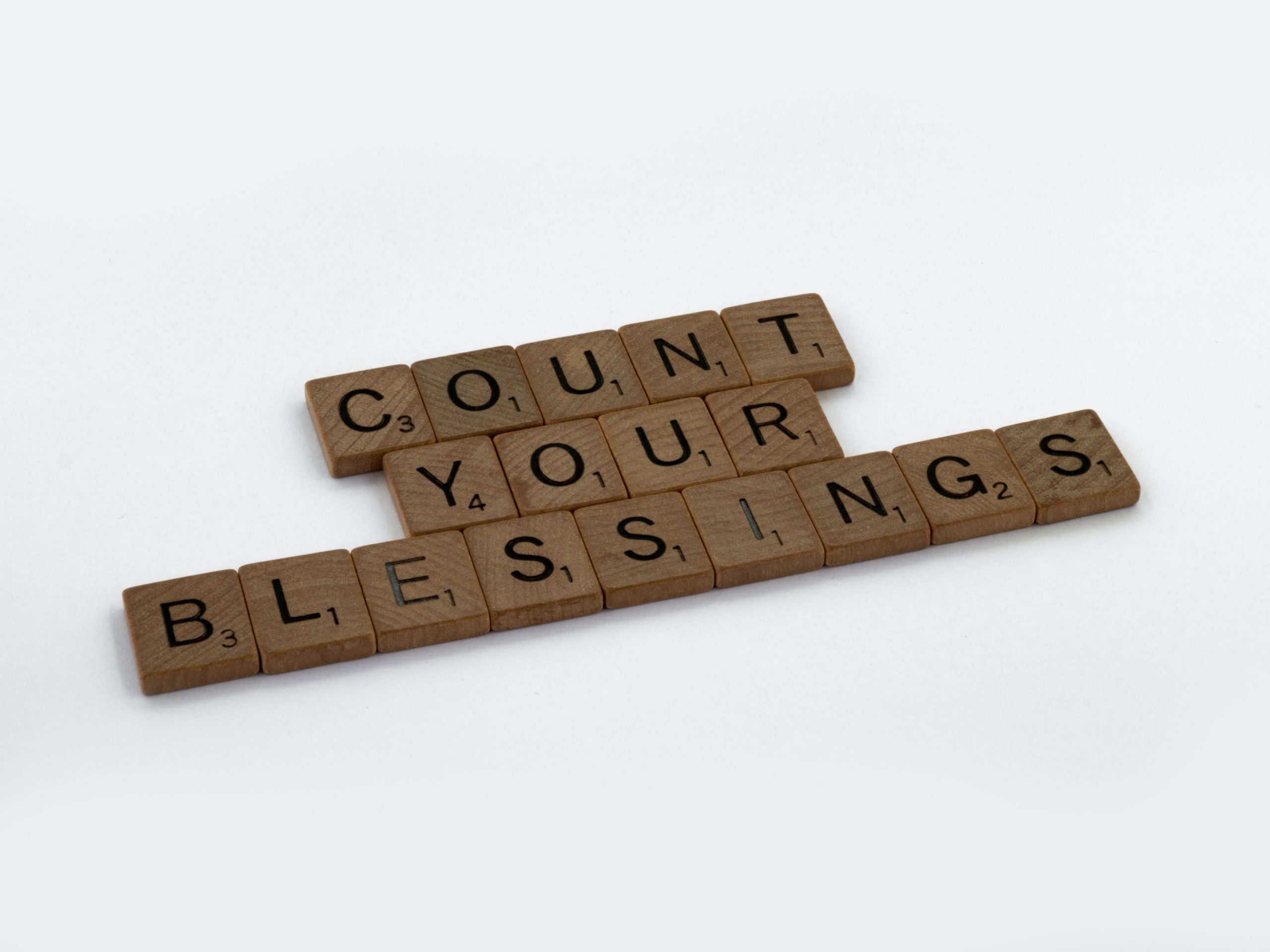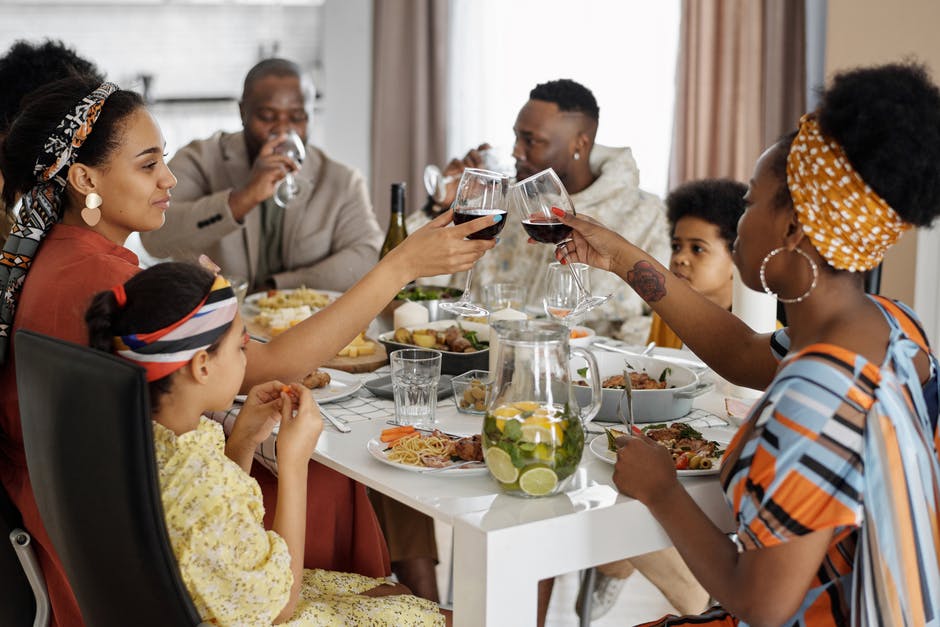How To Deal With My In-Laws
IN-LAWS & MARITAL LONGEVITY
Is it normal to have a meddling mother-in-law or a grumpy older man as a father-in-law? Movies and television indeed portray in-laws- in a dysfunctional and harmful light. But is that the way that it has to be?
dysfunctional and harmful light. But is that the way that it has to be?
A recent study reveals that men on good terms with their wives’ parents are more likely to enjoy a long-lasting marriage than those who don’t get along with their in-laws. However, the wife’s relationship with her in-laws is more complex and is less indicative of marital bliss. Why the difference?
The study’s author, Terri Orbuch, explains that when a man bonds with his in-laws, his wife gets the message that “your family is important to me because you are important to me. I want to feel closer to them because I want to be closer to you.” Wives love that, and marriages get a longevity bump.
But when a wife feels close to her in-laws, Orbuch sees two possible reasons that things go the other way. First, In-law ties are more stressful to women because it “interferes with and takes time away from bonding with her husband and her own family. Women like to analyze, work on and improve relationships. They think of in-law ties in the same way, Orbuch says. Investing time with her in-laws takes time away from other things that strengthen bonds with the husband.
Discussion and Application Points
- How would you describe your relationship with your in-laws? = Close, Friendly, Distant, or Conflicted?
- What do you think about Orbuch’s study and his conclusions?
IN-LAWS AND CONFLICT
Conflict is inevitable in any close human relationship, including relationships with parents and in-laws. It may begin early in the relationship with the in-laws not approving of the marriage and carry into the relationship with conflict over the use of finances, parenting styles, holiday observances, religious beliefs, and other lifestyle choices. Every attempt should be made by you, your spouse, and your in-laws for the sake of harmony in the family. Discord and bitterness will influence everyone and have a detrimental effect on children.
To Consider and Apply
- In what areas do you experience the most conflict with your in-laws?
- What have you said or done that has not worked or made things worse?
- What could you do, if anything, to improve your relationship with them?
INLAWS AND COMPANIONSHIP & COUNSEL
Healthy in-law relationships can also be experienced with the right attitudes and a willingness to cooperate, negotiate and sacrifice. Ruth and Naomi had such a relationship in the Old Testament of the Bible. Ruth and her mother-in-law were both widowed. When Naomi attempted to send Ruth back to her people where she could remarry and go on with her life, this was Ruth’s response (paraphrased):
“Please don’t make me leave you or force me to go home. Where you go, I will go. Where you live, I will live. I will die where you die and be buried there as well.”
To Consider and Apply
- What builds such a close relationship between a person and their in-law?
- What would it take for you to make the first move in growing closer to your in-laws?
Moses and Jethro
Another positive example of an in-law relationship is that of Moses and his father-in-law, Jethro. Moses was burning out physically and emotionally from the heavy burden of leadership. Jethro arrived on the scene and gave wise counsel to Moses. He devised a plan that Moses could implement that would divide the leadership responsibilities between Moses and others and free Moses to do what only he could do. It was a great strategy and worked well. We can learn from Moses and his interaction with Jethro. Moses listened to Jethro and heeded his counsel.
Discussion and Application Points:
- What would have been your attitude if you had been Moses and your father-in-law or mother-in-law gave you advice?
- Why do you think that Moses listened to Jethro?
- What does it take to be willing to listen to and consider your parent’s/in-law’s advice?
BRAWL WITH YOUR IN-LAWS!
Fawn Weaver, the author of, The Happy Wives Club, asked the readers of her blog who were getting along with their in-laws to share the key factors that created that good relationship. Over 500 responded in a day. Fawn says their answers could be summarized in the acronym B.R.A.W.L. – Boundaries, Respect, Acceptance, Willingness, and Love.
To Consider and Apply
- B- What boundaries need to be drawn with each of your parents or in-laws?
- R- How can you respect or honor each one?
- A- What is it that you need to accept about each one – that character trait or personality trait that is not going to change?
- W – Check your own attitude. Are you willing to make an effort, to be flexible in your relationship with them?
- L- What are some ways that you can express love and care for each parent or in-law?
If you would like to discuss how we can help you with your marriage and relationships, don’t hesitate to contact me at Cliff@LoveRecon.org or call 866-218-1716. For testimonials and more information, you may also visit our website, www.LoveRecon.org.


